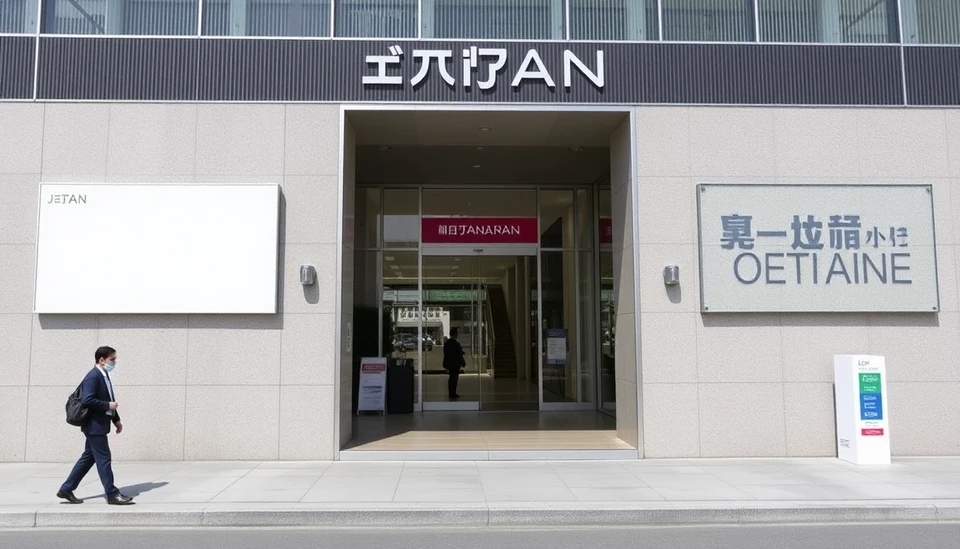
In a groundbreaking move, Japan's central bank announced a significant shift in its monetary policy, altering its long-held stance on interest rates. This monumental change is expected to have major implications not only on the Japanese economy but also on global financial markets, particularly the credit sector. Investors and analysts are closely monitoring the situation as the changes begin to ripple through various financial instruments.
Historically, Japan has maintained ultra-low interest rates, a strategy that has been in place for years as a means of stimulating economic growth and combatting deflation. However, recent pressures, including inflationary trends and a robust economic recovery, have compelled the Bank of Japan (BOJ) to reconsider its approach. With inflation rates finally rising, the BOJ has decided to accelerate the normalization of its monetary policy, a move that could drastically reshape the credit landscape.
The immediate effects of this announcement were felt across the credit markets, with a noticeable increase in borrowing costs. Investors rushed to assess the implications of higher interest rates on everything from corporate bonds to household loans. Companies that heavily rely on debt financing are now faced with tighter financial conditions, which could challenge their growth plans moving forward.
Furthermore, the Japanese yen has experienced fluctuations as currency markets react to the BOJ's decision. A stronger yen could subsequently affect Japan's export-driven economy, making its goods more expensive overseas. In response, central banks across the globe are revisiting their own policies, aware that shifts in one of the world’s largest economies can have cascading effects worldwide.
Analysts predict that while the immediate future may present challenges, this rate shift might ultimately lead to a more sustainable economic environment in Japan. The reduction of excessive monetary stimulus could promote healthier credit narratives and encourage responsible lending practices. Additionally, the credit markets are anticipated to evolve, adapting to the new financial realities and possibly leading to the emergence of fresh investment opportunities.
In conclusion, Japan's historic rate shift stands as a pivotal moment in the ongoing evolution of global financial landscapes. As markets adjust to these new conditions, both opportunities and challenges will arise. Stakeholders at every level—from corporations to individual consumers—will need to navigate this new terrain with caution and insight.
#Japan #InterestRates #CreditMarket #BankofJapan #GlobalEconomy #Finance #MonetaryPolicy #EconomicGrowth
Author: Laura Mitchell




